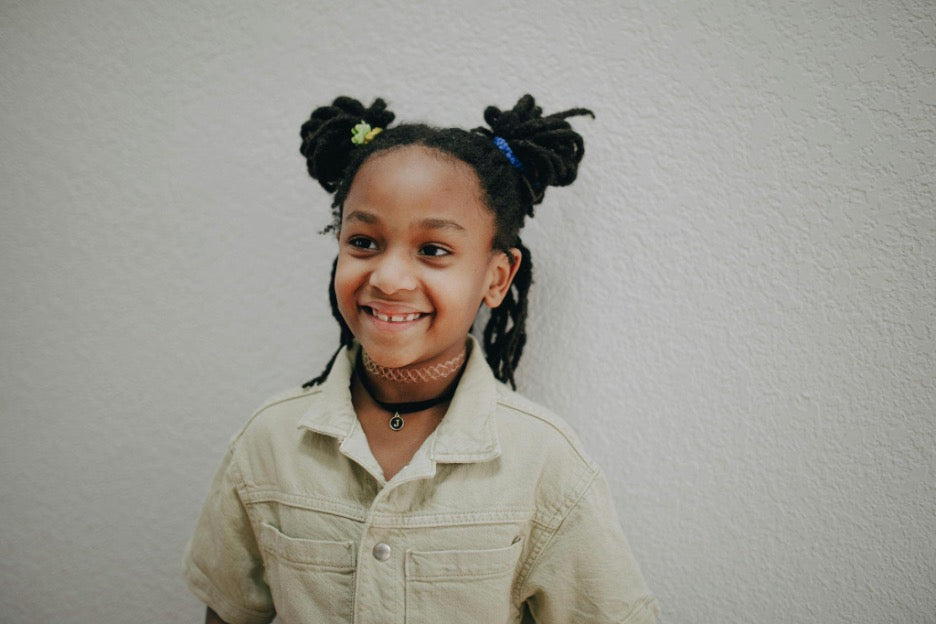Leadership doesn’t start on a stage—it starts at home. Not with lectures, but in the quiet, consistent ways you respond, guide, and model. When your child faces conflict, do they see control or curiosity? When they fail, do they see shame or self-reflection? You’re not raising a résumé. You’re shaping how they handle responsibility, power, and people—every single day.
Model What You Want Them to Mirror
You don’t teach leadership by talking about it. It happens in the moments when they’re watching you—noticing how you handle frustration, or how you treat a stranger who gets your order wrong. Children learn empathy by watching you, especially during times of stress, not just comfort. Modeling accountability and repair builds leadership more than any lecture ever could. If you yell, show them what an apology sounds like. If you lose your cool, explain what you’ll do differently next time. They’re always watching—and the leadership they absorb begins with the behavior you repeat.
When Education Meets Leadership Potential
Your child’s leadership spark may not ignite in your living room—it might light up inside a lesson plan. Especially when that plan is grounded in care, urgency, and relevance. Evaluate online healthcare degree program options together—not for the sake of college planning, but to start the deeper conversation: Who am I responsible to? What problems am I equipped to solve? Programs rooted in health, service, or systems-thinking naturally push teens to connect skill to stewardship. And that, more than charisma or charm, is what separates leaders from opportunists.
Let the World Stretch Them
Leadership is born at the edge of familiarity. A child won’t grow if they only see what they already know. That’s why exposure to other cultures is more than a feel-good ideal—it’s a strategy. Whether it’s trying new food, attending a local festival, or hearing stories from people who live differently, these moments create spaciousness inside them. That spaciousness becomes discernment. Leaders without empathy create followers. Leaders with empathy create change. And that begins when your child realizes the world is bigger than their own experience.
Step Back So They Can Step Up
It’s tempting to jump in. To tie the shoes, pack the lunch, solve the argument. But that instinct—while loving—can rob them of what they need most: the courage to figure things out. Moments of autonomy in small decisions lay a foundation that no pep talk can match. Picking their outfit, negotiating weekend plans, solving a sibling standoff—all of it is messy and worthwhile. They won’t always get it right, and that’s the point. What they’ll remember isn’t perfection. It’s the power of trying.
Use Play to Teach Power and Pause
Play isn’t filler. It’s training ground. Somewhere between tag and tea parties, kids try on leadership in ways that stick.Social play teaches emotional regulation, helping them learn when to speak up, when to listen, and how to navigate frustration without meltdown. They experiment with roles, take turns holding authority, and test influence in real time. These aren’t just cute interactions—they’re reps. They’re how future leaders learn to pause, adapt, and recover. So lean into the chaos of play. It’s doing more work than you think.
Give Them the Gift of Trust
They know when you're faking it. If the responsibility you hand off is more about busywork than belief, they'll feel it. That's why completing small tasks builds pride in a way rewards alone can’t. Feeding the dog. Locking the door. Prepping their own school bag. It’s not just about the task—it’s about who they become by doing it. Leaders don’t form from praise alone. They form when someone trusts them before they’ve proven they’re ready—and stays close while they rise to meet that trust.
Don’t Lead with Fear
Fear gets compliance. It doesn’t get buy-in. Rules barked out of frustration might create obedience, but they won’t foster the kind of self-leadership that lasts. Kids need structure, yes—but not at the cost of connection. Non-coercive parenting fosters trust that makes your influence stick, even when they’re no longer under your roof. That doesn’t mean permissiveness. It means clarity without cruelty. Boundaries without shame. And accountability that invites reflection, not retribution. That’s the kind of leadership that outgrows childhood and stays intact in adulthood.
You don’t need to raise a prodigy. Just someone who holds power with care. That means less performance, more principle. Less perfection, more presence. Show them what steady looks like. And let leadership grow from there.
Discover a new way to play with Walkie Chalk – the innovative sidewalk chalk holder that brings creativity to life for all ages! Join our mailing list for exclusive deals and updates!

